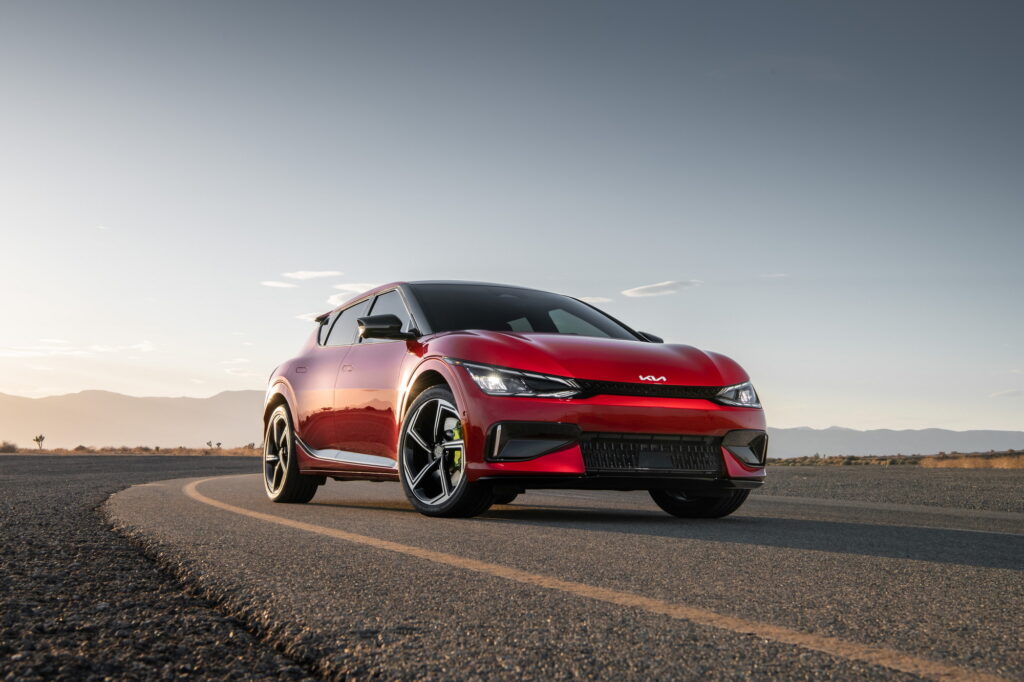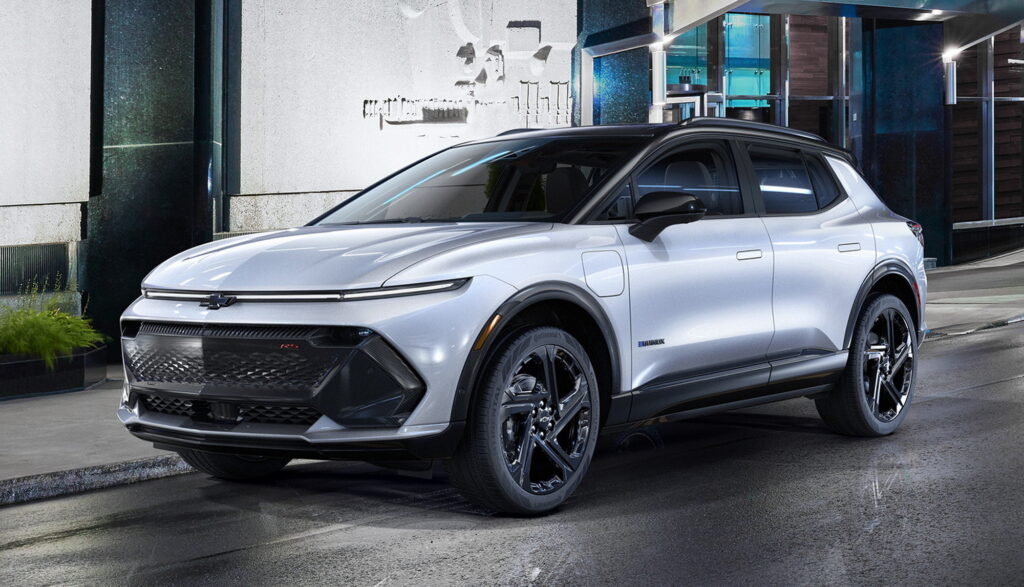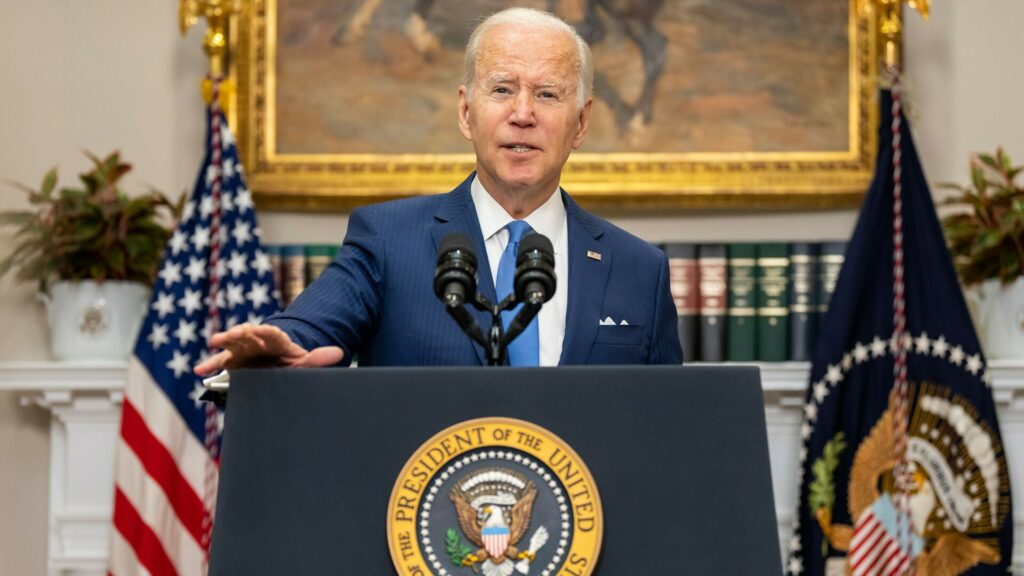The EPA is currently in the middle of a three-day commenting window regarding new emission standards for light-duty and medium-duty vehicles. One large automotive lobbying agency took full advantage of that yesterday with a long letter spelling out how hard it’ll make it for automakers. Here’s a breakdown of its complaints.
The Alliance for Automotive Innovation represents General Motors, Toyota, Volkswagen, Hyundai, Kia, BMW, Ferrari, Honda, McLaren, Subaru, Porsche, and more. It’s the group specifically lobbying the Biden administration to relax its newly proposed greenhouse gas standards for 2027-2032.
Those new standards call for 60 percent of all vehicles sold in the USA to be fully electric by 2030. That’s up from a goal of 50 percent by 2030 set by the Biden administration in 2021. According to the lobby organization, the change “represents a significant movement of the country’s electrification goal posts – not by a little, but by a lot.”
More: U.S. Government May Delay Renewable Fuel Scheme Credits For EVs

It also says that such new rules could have “significant impacts to automakers, workers, consumers and ultimately the availability of vehicles that meet the needs of individuals, families and businesses across the country.” At the heart of the issue, it says that the building blocks to achieve these goals simply aren’t available. The supply chain for batteries and other EV components is evidently too constrained.
If this proposal is finalized in its current form it’ll be the most aggressive emissions reduction plan in history, reports Reuters. That includes a 56 percent reduction in projected average emissions for fleets and 13 percent annual average pollution cuts compared to 2026 requirements.
For its part, the EPA notes in the new proposal that many automakers already plan to sell nothing but electric vehicles in the near future. That includes Mercedes-Benz, Volvo, VW, and General Motors.
Commenting on the EPA multi-pollutant emissions standards will continue through May 11th at 12:00 EDT or until all registered testifiers have had a chance to speak. Written comments will continue to be taken until July 5th, 2023.





